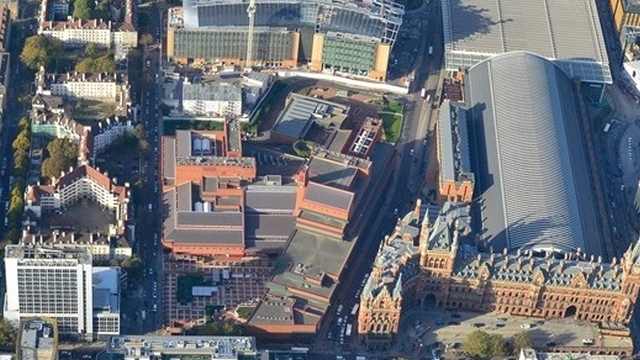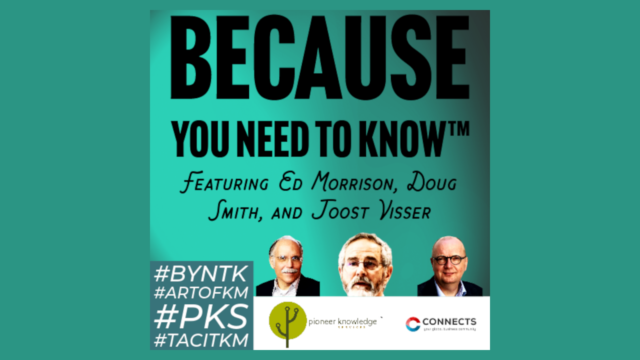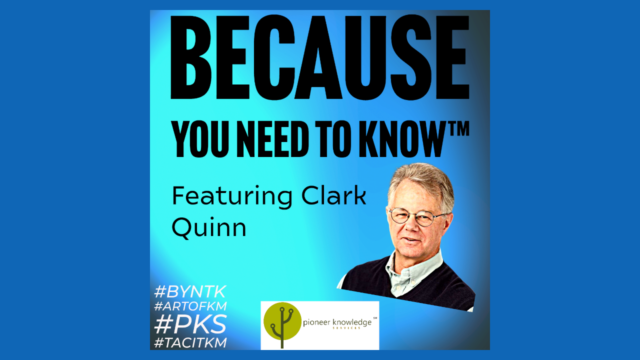
What is horizon scanning, and should you be doing it?
In his book The Black Swan: The Impact of the Highly Improbable, Nassim Nicholas Taleb proposes what has become known as “Black Swan Theory”.
He uses the unexpected discovery of black swans to highlight the limitations of knowledge:
Before the discovery of Australia, people in the old world were convinced that all swans were white, an unassailable belief as it seemed completely confirmed by empirical evidence. The sighting of the first black swan might have been an interesting surprise for a few ornithologists (and others extremely concerned with the coloring of birds), but that is not where the significance of the story lies. It illustrates a severe limitation to our learning from observations or experience and the fragility of our knowledge. One single observation can invalidate a general statement derived from millennia of confirmatory sightings of millions of white swans.
He describes such “Black Swan” events as having three attributes:
First, it is an outlier, as it lies outside the realm of regular expectations, because nothing in the past can convincingly point to its possibility. Second, it carries an extreme impact. Third, in spite of its outlier status, human nature makes us concoct explanations for its occurrence after the fact, making it explainable and predictable.
He states that rather than trying to predict such events, we should instead build resilience against the impacts of negative Black Swans and be poised to take advantage of positive ones.
In a previous article, I discussed how incremental and iterative management approaches can help us to quickly respond to Black Swan events when they do occur.
Black Swan events can also be better anticipated through “horizon scanning”.
Horizon scanning
In an overview of future-oriented methodologies, the OECD Knowledge Bank provides this explanation of horizon scanning:
Horizon scanning is a technique for detecting early signs of potentially important developments through a systematic examination of potential threats and opportunities, with emphasis on new technology and its effects on the issue at hand. The method calls for determining what is constant, what changes, and what constantly changes. It explores novel and unexpected issues as well as persistent problems and trends, including matters at the margins of current thinking that challenge past assumptions.
Horizon scanning is often based on desk research, helping to develop the big picture behind the issues to be examined. Desk research involves a wide variety of sources, such as the Internet, government ministries and agencies, non-governmental organisations, international organisations and companies, research communities, and on-line and off-line databases and journals. Horizon scanning can also be undertaken by small groups of experts who are at the forefront in the area of concern: They share their perspectives and knowledge with each other so as to ‘scan’ how new phenomena might influence the future.
A solid ‘scan of the horizon’ can provide the background to develop strategies for anticipating future developments and thereby gain lead time. It can also be a way to assess trends to feed into a scenario development process.
Horizon scanning is not about predicting the future. Rather, it is a way of investigating evidence of future trends.
Examples
Examples of horizon scanning include:
- UK Government Horizon Scanning Program Team
The UK Government Horizon Scanning Program Team coordinates strategic horizon scanning work across departments, drawing on insights from experts in and outside government to challenge our thinking. The program is steered by the Cabinet Secretary’s Advisory Group (CSAG), which meets 3 times a year. CSAG focuses particularly on potential implications for policy of future threats or scenarios.
- Australia and New Zealand Horizon Scanning Network (ANZHSN)
This horizon scanning program was established to provide advance notice of significant new and emerging technologies to health departments in Australia and New Zealand, and to exchange information and evaluate the potential impact of emerging technologies on their respective health systems.
- Pre-empting the future of global conservation
For the past eight years or so, a group of people from around the world have been convening a horizon scanning workshop at Cambridge University to consider what the future might look like for global conservation. The 20 or so participants include professional horizon scanners, a journalist, and experts from a wide range of disciplines relevant to conservation science.
- Adi Gaskell, horizon tracker
Every week, RealKM Magazine features a forward-looking article from horizon tracker Adi Gaskell.
Potential pitfalls
A briefing from the UN Security Council discusses the horizon scanning briefings convened by the Security Council:
Throughout 2011, while the briefings took place every month, some opposition to the format emerged. It was controversial for some members for the situation in countries such as Madagascar, Malawi, Maldives or Mexico to be discussed during the briefings. In these cases the briefings served as a way of alerting Council members to situations that had the potential for instability. However, some members were not comfortable with this, feeling it could give the appearance that these issues were on the Council’s agenda. Focusing on elections in particular regions, such as Africa and Latin America, also generated negative reactions. Raising situations already on the agenda of the Council such as Israel/Palestine and Myanmar made some Council members unhappy. Overtime, objections were raised about some of the issues covered, with certain members attempting to influence the agenda.
As a result:
Starting in 2013, “horizon-scanning” briefings have ebbed with DPA [Department of Political Affairs] becoming increasingly disengaged in terms of advocating or seeking to schedule such briefings; only three were held in 2013 and since.
From this, it appears that horizon scanning may not be appropriate, or may need careful management, in a security or political context.
How to do it?
The Strategic Priorities Branch of the Department of Employment has prepared a basic guide to horizon scanning.
Should you be doing it?
Perhaps a better question to ask is this: If horizon scanning can help you to reduce the impact of negative future events and be poised to take advantage of positive ones, and if the potential pitfalls can be managed, then why shouldn’t you be doing it?
Also published on Medium.







I’d refer you to Peter Schwartz (The Art of the Long View, Doubleday, 1991).